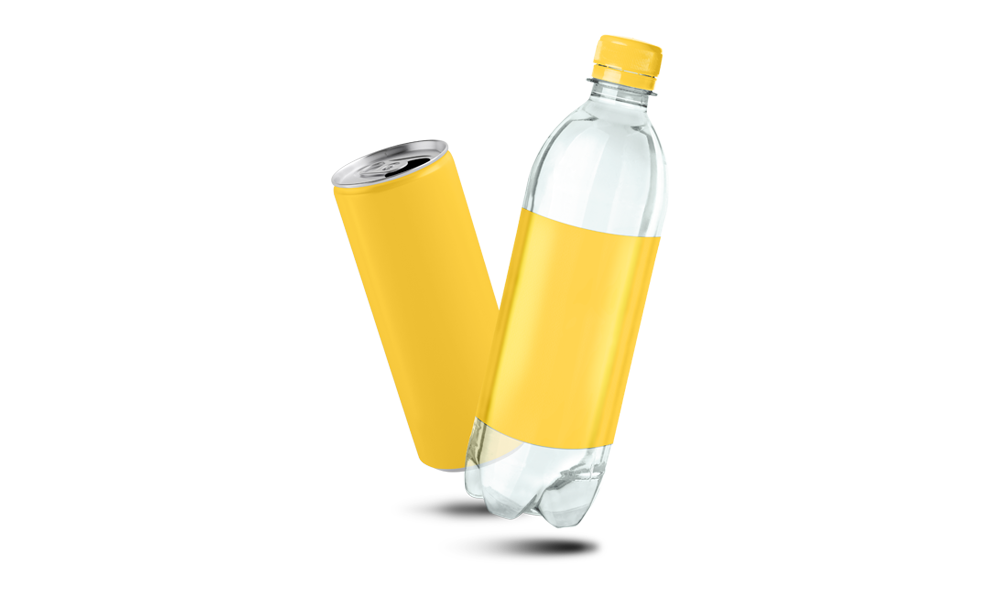Every year we compile statistics regarding how much is submitted to the deposit system in Sweden and can consequently be recycled to make new cans and bottles. Returpack’s total recycling for 2019 amounted to 84.9 percent, an increase of 0.4 percentage points compared to the previous year.
2019 was also a record year in terms of volume, as we received more than 2.15 billion recycled packages in our facility. Overall, the figures show an extremely well-functioning deposit system.
The level of reverse vending that we achieve is affected by what is sold and returned in Sweden, but also increasingly by what is sold in the Swedish cross-border trade with Norway. The price differences between beverages sold in Sweden and Norway mean that an estimated 15% of the beverages in deposit packaging that are sold in Sweden are taken out and consumed in Norway. Around a third of this volume is returned and deposited in Sweden, while the remainder is dealt with in Norway.
- This has a major impact on the reported rate of recycling using the system in Sweden, as we estimate that of the volume that is sold and also consumed in Sweden, the rate of recycling is well over 90% and approaching 95%, says Bengt Lagerman, CEO of Returpack.
What is a deposit system?
When we talk about a deposit-based return system or a deposit system, it is important to be able to distinguish between what really benefits a more sustainable world and what merely gives the appearance of doing so.
- There are parties out there who want to take advantage of all the good that a genuine deposit-based return system stands for, who state that their packages can also be included in the system. In most cases, however, this is no different from the normal recycling of packaging – no deposit that is paid out when making the purchase is refunded on the return of the packaging, there is no controlled return, and no recycling of materials that can actually ensure that the packaging can genuinely be made into new packaging. Some form of incentive may be paid out when purchasing new goods for new consumption – it is this that is the ‘deposit’, concludes Bengt Lagerman




